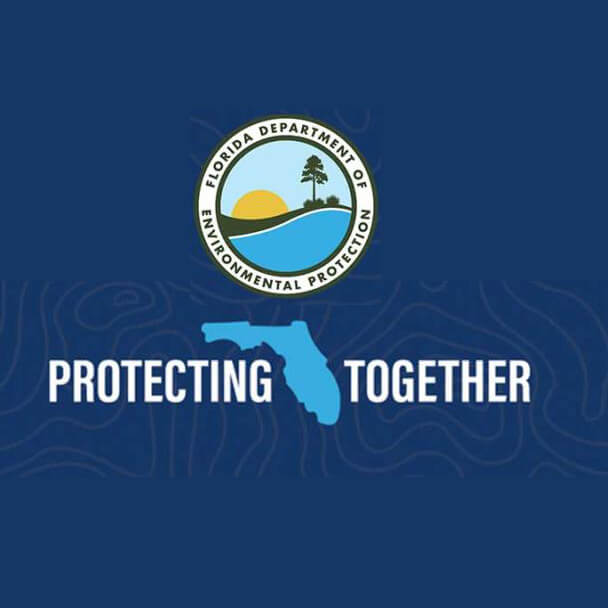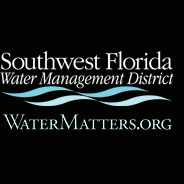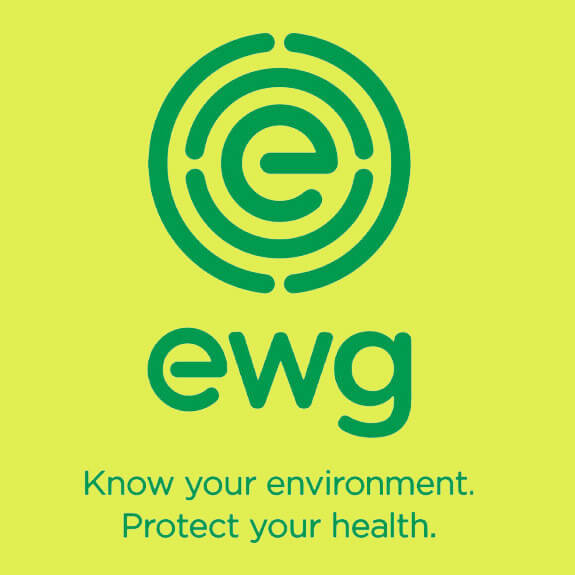Well Water Quality Assurance: Implementing Strategies for Florida's Residents
Access to clean and safe drinking water is a fundamental right that directly impacts public health. In Florida, a significant portion of the population relies on well water for their daily needs. Ensuring the quality of well water is of utmost importance to safeguard the health and well-being of residents. This article explores the strategies implemented to assure well water quality in the state of Florida, focusing on factual information and professional insights.
The Importance of Well Water Quality
Well water is a valuable resource, especially in areas where municipal water systems may not be readily available. Many Floridians depend on private wells for their drinking water, making it crucial to address potential contaminants that could compromise its quality. Contaminated well water can harbor harmful microorganisms, heavy metals, and other pollutants that pose health risks when consumed over time.
Regulatory Framework
Florida has established a comprehensive regulatory framework to ensure the safety of well water. The Florida Department of Environmental Protection (DEP) plays a key role in overseeing water quality standards and implementing regulations to protect public health. Well construction and maintenance are subject to strict guidelines to prevent contamination and ensure the integrity of the well structure.
Regular Testing Protocols
One of the primary strategies employed to guarantee well water quality is the implementation of regular testing protocols. Residents with private wells are strongly encouraged to conduct routine water testing to identify any potential contaminants. The Florida DEP provides guidelines on testing frequency and recommends annual testing for common pollutants such as bacteria, nitrates, and pH levels.
Educational Outreach Programs
Ensuring well water quality goes hand-in-hand with educating residents about best practices. The Florida DEP, in collaboration with local health departments, conducts educational outreach programs to inform well owners about the importance of regular testing, proper well construction, and potential sources of contamination. Public awareness plays a pivotal role in empowering residents to take proactive measures in safeguarding their water supply.
Collaboration with Local Health Departments
Local health departments in Florida actively collaborate with the DEP to monitor and address well water quality issues. These departments provide valuable resources and assistance to residents, including information on water testing laboratories, interpretation of test results, and guidance on well maintenance. By fostering collaboration at the local level, the state ensures a more comprehensive approach to well water quality assurance.
Research and Innovation
Ongoing research and innovation contribute to enhancing well water quality assurance measures. The Florida DEP invests in scientific studies to identify emerging contaminants and assess their potential impact on well water. By staying at the forefront of scientific advancements, the state can update regulations and guidelines to address new challenges and protect public health effectively.
Emergency Response and Contingency Planning
Despite robust preventive measures, unforeseen events such as natural disasters or industrial accidents can pose threats to well water quality. Florida has established emergency response and contingency plans to address such situations promptly. These plans involve coordination between state agencies, local authorities, and relevant stakeholders to mitigate the impact of emergencies on well water supplies.
Community Involvement
Community involvement is integral to the success of well water quality assurance strategies. The state encourages the formation of local well owner associations, where residents can share information, experiences, and best practices. This collaborative approach fosters a sense of community responsibility, empowering residents to actively participate in maintaining the quality of their well water.
Conclusion
Well water quality assurance in Florida is a multifaceted effort that involves regulatory oversight, regular testing, education, collaboration, research, and community engagement. By implementing these strategies, the state aims to ensure that residents relying on well water have access to a safe and reliable water supply. It is imperative for well owners to stay informed, follow recommended practices, and actively contribute to the collective effort of preserving the quality of this vital resource.





